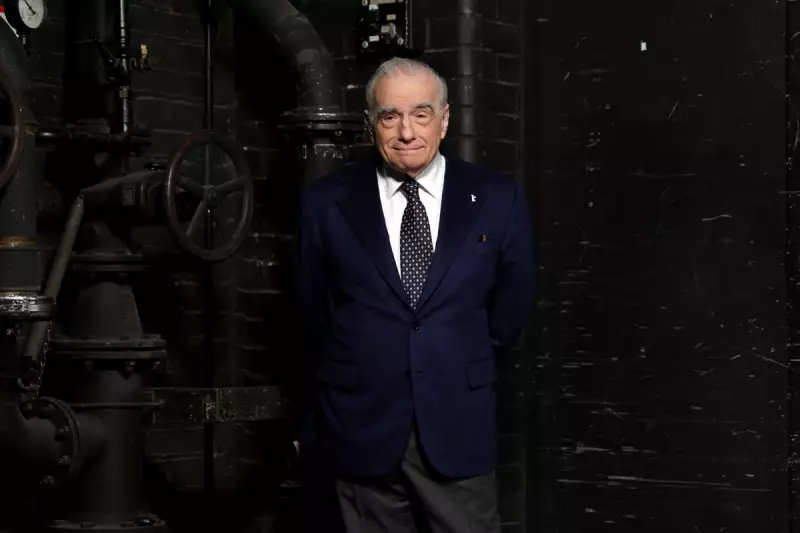
In a stunning revelation that's set to redefine how audiences view one of cinema's most iconic films, Martin Scorsese has finally addressed the decades-long debate surrounding Taxi Driver's ambiguous final scene. The legendary director's insights come courtesy of his new Apple TV+ documentary, offering fresh perspective on what really happened to Robert De Niro's troubled protagonist Travis Bickle.
The Mystery Unraveled
For nearly fifty years, viewers and critics have speculated about whether the film's concluding sequence represents reality or fantasy. Scorsese's documentary now provides the definitive answer, explaining that the seemingly heroic conclusion was always meant to be taken at face value.
The director clarifies that Travis Bickle's transformation from would-be assassin to celebrated hero was a deliberate commentary on society's distorted values and media sensationalism.
A Cinematic Masterpiece Reexamined
Scorsese's documentary doesn't just settle the ending debate—it offers a comprehensive look at the film's creation, featuring never-before-seen footage and interviews with key collaborators including screenwriter Paul Schrader and actor Jodie Foster.
The film explores how Taxi Driver's disturbing portrayal of urban alienation and mental instability continues to resonate with contemporary audiences, proving the 1976 classic remains as relevant today as when it first shocked cinema-goers.
Behind the Controversy
What makes Scorsese's revelations particularly compelling is how they challenge popular interpretations that have persisted for generations. Many viewers had theorised that the final scene represented Bickle's dying fantasy or an ironic commentary on his mental state.
Scorsese firmly dismisses these theories, explaining that the ending was always intended as a straightforward narrative conclusion, however unsettling that reality might be.
Why This Matters Now
The timing of this revelation couldn't be more significant. As streaming platforms like Apple TV+ make classic films accessible to new generations, Scorsese's insights provide crucial context for understanding one of American cinema's most important works.
This documentary serves as both a masterclass in film analysis and a timely reminder of Taxi Driver's enduring power to provoke discussion about violence, mental health, and societal decay.





